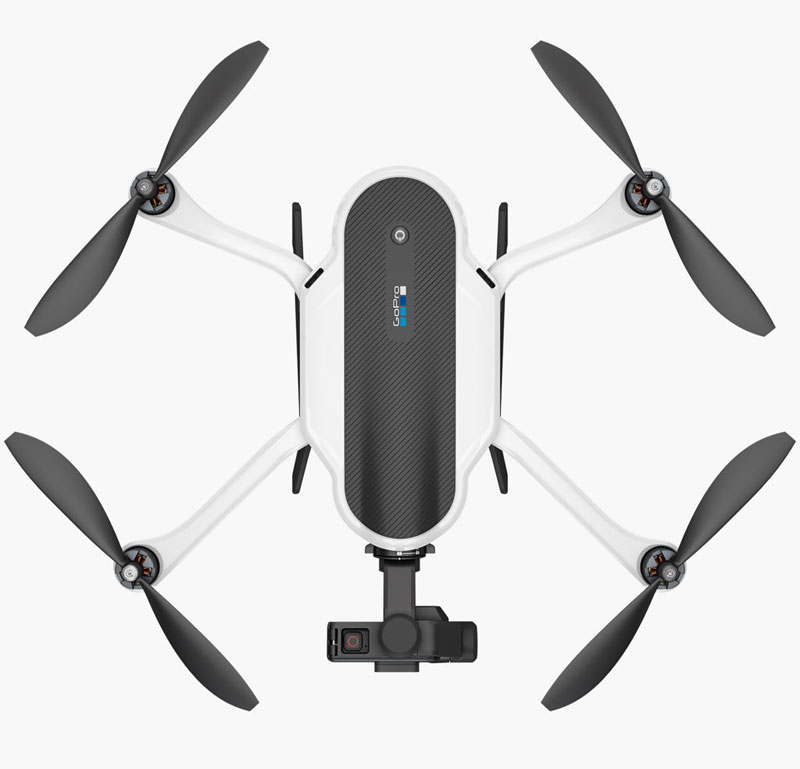Choosing a software platform, users are usually guided by the quality and quantity of applications, the device performance, security, operating system. In the last paragraph not so long ago, Android received a major blow with the discovery of the vulnerability Stagefright, exists on millions of mobile devices.
Stagefright vulnerability allows to access data on the smartphone via the audio and video files. It was present in all the gadgets with the first version of Android up to Android 1.0 5.1.1. Stagefright is two errors in the library libstagefright. Using both of these errors together, an attacker has the ability to control the device.
The scheme is simple. On a mobile gadget is loaded modified MP3 or MP4 file containing malicious code. The user may not even notice, as he turned on the device.
To run malicious code, there is no need to open the file manually. Reaction of infection starts in the analysis metadata. When the analysis refers uploaded the modified file, an error occurs, causing the malicious code is written to the phone memory and allows you to gain unauthorized access, e.g. camera, microphone, data correspondence, and even of internal memory with the ability to extract and load different data.
Google quickly released a patch to close Stagefright, however, the situation with Android updates is that most devices never get to see it. For this reason, efforts should be directed at preventing the emergence of such security holes, not to close them upon detection. As it became known, in the new N platform Android developers will try to prevent the emergence of such threats, as stated in the company blog.
The first step for the developers is to ban such hackers changed the files to cause unintended behavior of the programs. Code system can identify vulnerable segments and avoid them. The second step is to reduce the damage caused by the failure, which still was used.
Google will break the process like MediaServer into many segments, giving everyone the right only to perform his task, therefore damage at the level of the whole system to cause will become more difficult. For example, previously when gaining control of the MediaServer it was possible to access the file system of the operating system, network, read and write memory. The division into functional parts, according to plan Google will not give hackers such extensive functionality through a single vulnerability.





